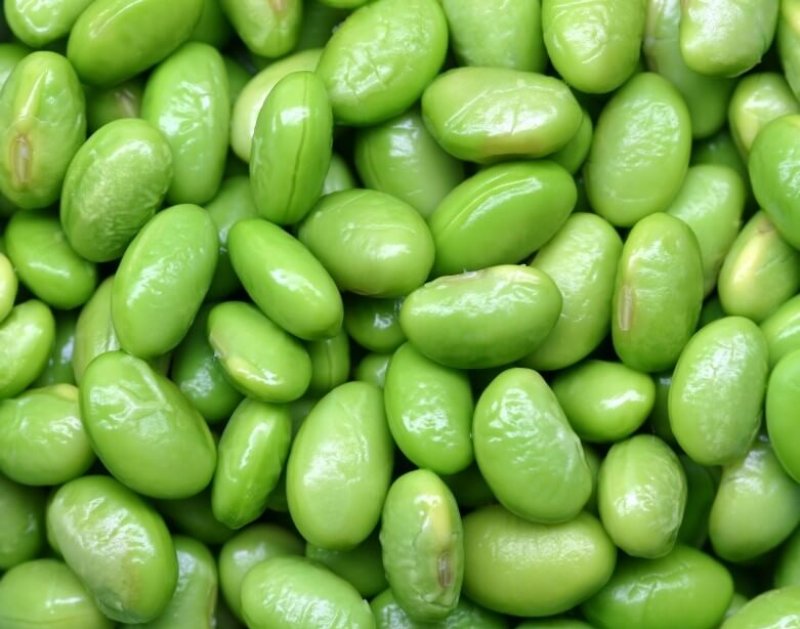I argued in my 2013 book, The Infinite Resource, that the “seeds shouldn’t be patented” argument against GMOs and specifically against Monsanto was invalid for a very specific reason: Patents end.
As I wrote then, the patents for Monsanto’s first commercial genetically modified crop, Roundup Ready Soy I, would expire at the end of the 2014 growing season. After that, farmers would be free to save seeds to replant, universities would be free to tinker with the genetic trait, seed breeders would be free to cross-breed it into other strains, and so on.
What wasn’t clear at the time was how likely that was to occur.
Well, now we know.
The University of Arkansas has released a free, replantable version of Roundup Ready Soy. Any farmer can take this seed, can plant it, doesn’t have to pay any technology licensing fee, and can re-plant seeds from the resulting crop for the next year.
That’s how patents are supposed to work. The inventor gets a temporary monopoly to reward them for their research and development, and in exchange, society gets the permanent benefit of their invention.
I believe this is the beginning of a new era in genetically modified crops, one of much more diversity as the cost of research drops, as more work is done by non-profits, and as more and more patents expire.
Read full, original blog: The Patents Argument Against GMOs Just Ended With the First Off-Patent GMO































